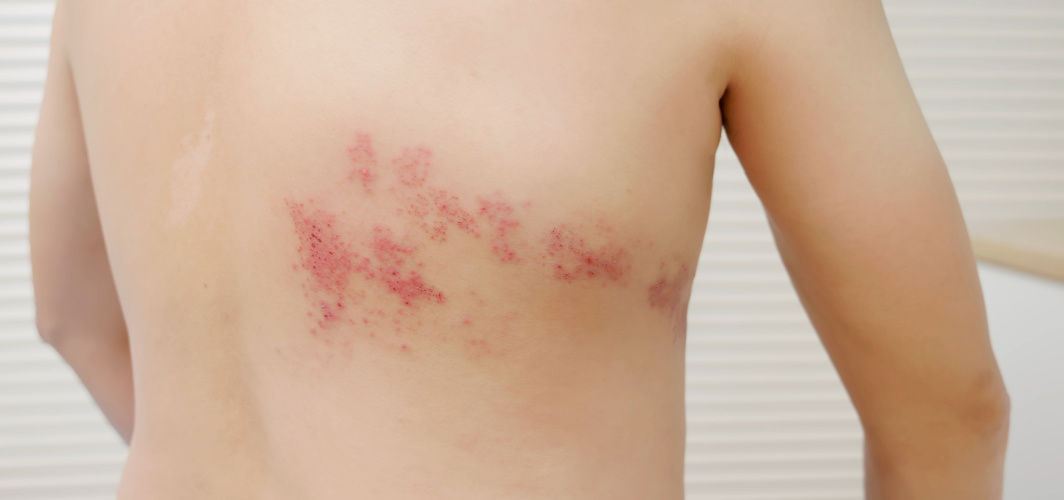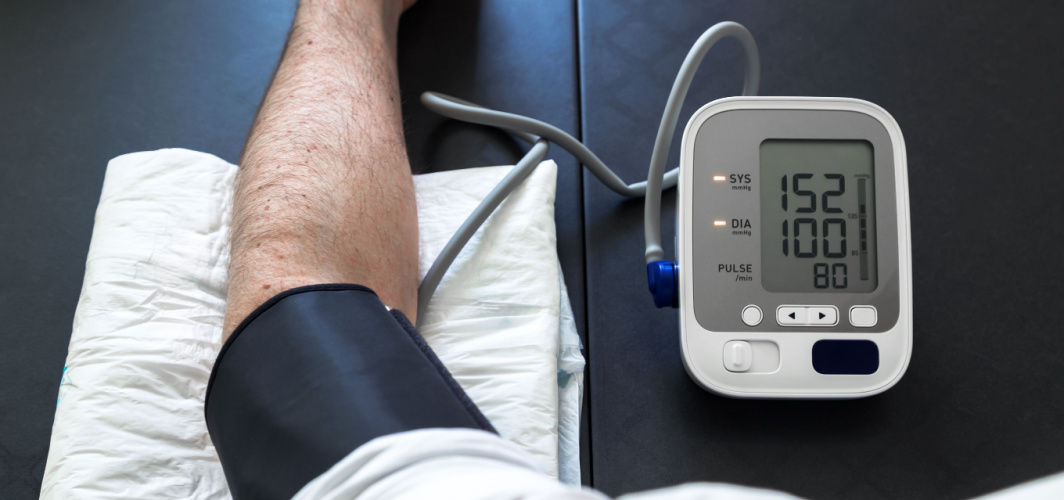General Health
Should You Detox Your Body? Busting 5 Myths Associated With Detoxing
4 min read
By Apollo 24|7, Published on - 06 February 2023, Updated on - 13 March 2023
Share this article
0
16 likes

With new health problems arising almost every single day, a detox for your body can sound like an incredible idea. After all, who wouldn’t want to eliminate toxins from their system? In recent times, there have been talks of numerous detoxification diets, supplements, and programmes that claim to help cleanse your body and provide plenty of health benefits. But how many of these products really help? Is your body really full of toxins that need to be flushed out? With a plethora of myths and misconceptions flying around the concept of body detox, it can be quite challenging to separate facts and make the best choice for your well-being. So, here are the top 5 detox myths and the actual truths behind them.
Myth 1: Your body requires help to detox.
Fact: The human body can detoxify itself and does not require any assistance. Your liver is responsible for flushing out harmful toxins, metabolising all the nutrients, and storing glycogens to give you energy when required. Therefore, to keep the natural detox system up and running, all you need to do is keep your liver healthy by maintaining a good diet, quitting unhealthy habits like alcohol consumption and getting a liver function test done routinely.
Myth 2: Detox can aid in weight loss.
Fact: Plenty of detox diets and products are often marketed as weight-loss solutions. While it's true that fruit and vegetable juice cleanses, fasting and other types of detox regimens can help you lose a few pounds for a short period, there's little to no evidence that they can serve as effective long-term weight management strategies. Therefore, it is advised to consult a specialist before trying out any weight loss products.
Myth 3: Body detoxes are absolutely safe.
Fact: Some cleanses and detoxes can have harmful side effects and can be even dangerous. Excess intake of a certain nutrient, cutting certain food groups out, or dramatically modifying your diet can have adverse consequences on your health. If you're fasting, a common part of most detoxes, it can increase your susceptibility to dehydration and weaken your immune system. Regimes like water-only fasting, a strict diet of only veggies and fruits, complete fasting, consumption of teas, herbs, supplements or taking enemas claim to detox the body. These kinds of strict and disrupting regimens can lead to nutritional deficiencies, electrolyte imbalances, fatigue, diarrhoea and other gastrointestinal problems.
Myth 4: Detoxes can restore your health and fix medical problems.
Fact: If you are suffering from any underlying health issues, the wisest course of action is to consult with a doctor. Your doctor will be able to advise a suitable and medically-approved treatment based on diagnostic tests and screenings. Since there is no evidence that cleanses and detoxes can help rectify medical problems, undergoing detox treatment can even make the problem worse, putting you at risk of severe complications.
Myth 5: You can sweat out toxins.
Fact: It is a widely believed misconception that sweating can help you flush out toxins through the skin. The primary role of sweat is to regulate the temperature of your body. It's your kidneys and livers that break down and filter toxins and harmful substances. The concept of detoxifying your skin is majorly about what you do to protect it from the external environment, not removing anything from within. Notably, toxins can't exit your body through your skin.
According to Dr Amitava Ray, a general physician associated with Apollo 24|7, “the safe ways to help your body detox naturally include limiting alcohol, following Mediterranean or DASH diet, drinking more water, brisk walking or exercising regularly, getting proper sleep, reducing stress, and minimizing exposure to toxic chemicals or ingredients.”
All in all, your body does not require any outside help when it comes to detoxification. To ensure your well-being all you need to do is adopt healthy lifestyle habits like taking a healthy diet and exercising regularly. If you experience the symptoms of a medical issue, it's highly recommended to get a proper medical diagnosis and the required treatment. If you still wish to know the healthy ways to detox your body,
Medically reviewed by Dr Sonia Bhatt.
General Health
Leave Comment
Recommended for you

General Health
Shingles Vaccine: All You Need To Know About Shingrix
Discover vital information about Shingrix, the shingles vaccine. Learn about the signs and symptoms of shingles and how this vaccine is effective in preventing this condition.

General Health
5 Diseases That Show No Signs And Symptoms But Can Kill You
While most diseases have symptoms, a few of them don't. This can be fatal because they remain largely undiagnosed. Being proactive about your health can help you prevent these silent killers.

General Health
9 Benefits Of Consuming Cod Liver Oil Supplements
Discover the benefits and risks of cod liver oil supplements for your health. Learn about the latest recommendations and find out how to choose the right cod liver oil supplement for you.
Subscribe
Sign up for our free Health Library Daily Newsletter
Get doctor-approved health tips, news, and more.
Visual Stories

Could There Be More to Your Snore?
Tap to continue exploring
Recommended for you

General Health
Shingles Vaccine: All You Need To Know About Shingrix
Discover vital information about Shingrix, the shingles vaccine. Learn about the signs and symptoms of shingles and how this vaccine is effective in preventing this condition.

General Health
5 Diseases That Show No Signs And Symptoms But Can Kill You
While most diseases have symptoms, a few of them don't. This can be fatal because they remain largely undiagnosed. Being proactive about your health can help you prevent these silent killers.

General Health
9 Benefits Of Consuming Cod Liver Oil Supplements
Discover the benefits and risks of cod liver oil supplements for your health. Learn about the latest recommendations and find out how to choose the right cod liver oil supplement for you.